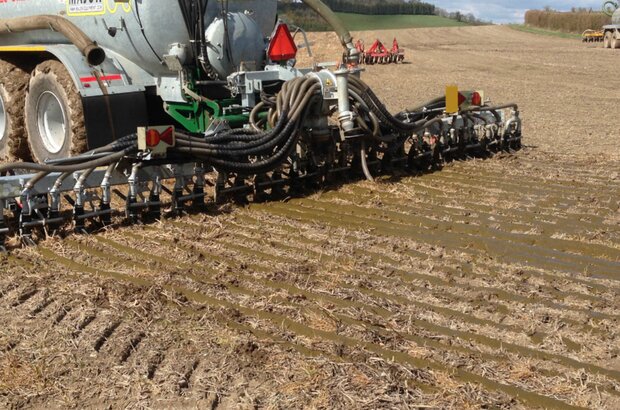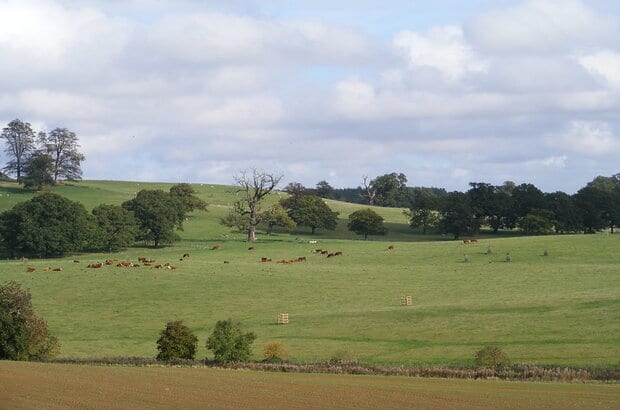
In the last week of March, Defra announced steps to assist farmers with the availability of fertilisers for the coming growing season, to help address uncertainty amongst growers and keep costs down for farmers. With agricultural commodities closely linked to global gas prices, farmers are facing rising costs for inputs including manufactured fertiliser, due to the process depending on gas.
The package of support focuses on five key areas:
1. Changes to the use of urea fertiliser
An industry farm assurance scheme, originally planned to start this year in response to the Consultation to Reduce Ammonia Emissions from Urea Fertilisers, will now be delayed by at least a year. The delay has been made to help farmers manage their costs and give them more time to adapt in the light of a global rise in gas prices, leading to pressures on the supply of ammonium nitrate fertilisers. The consultation on restrictions was launched in November 2020. When the industry scheme’s restrictions are introduced, they will be related to the use of ammonia inhibitors rather than a complete ban.

2. Farming Rules for Water clarification and slurry storage grants
Statutory guidance has been published on how the Environment Agency should apply the rules when it comes to the spreading of slurry and other organic manures, particularly in the autumn and winter. This will provide clarity on how farmers can use slurry and other organic manures during autumn and winter to meet agronomic needs whilst minimising risks. It has been developed with farmers and farming bodies.
Defra will also be launching new slurry storage grants this year, helping meet the requirements of the Farming Rules for Water and reducing dependence on artificial fertilisers, by storing organic manures until needed or for onward processing. These grants will make a significant contribution towards the cost of covered slurry store construction projects, to enable farmers to get to six months storage capacity.
3. Fertiliser Industry Roundtable
Minister Prentis will be holding a roundtable with key industry bodies including Agricultural Industries Confederation, Country Land & Business Association, National Farmers Union, Tenant Farmers Association, Agriculture and Horticulture Development Board and others, to better understand their perspectives and work with them on short and medium-term solutions to the current fertiliser issues.
4. Sustainable Farming Incentive
Alongside these measures, further details of the Sustainable Farming Incentive have been published. Given current fertiliser prices, the priority must be to pioneer new technologies to manufacture more organic-based fertiliser products and rediscover techniques such as using nitrogen-fixing legumes like clovers as an alternative to fertiliser.
The Sustainable Farming Incentive will support farmers to build the health and fertility of their soil and to reduce soil erosion. We will pay farmers to help with the costs of sowing nitrogen-fixing plants and green manures in their crops (or in advance of their crops), to substitute some of their fertiliser requirements for the coming season and reduce their dependence on manufactured fertilisers linked to the price of gas.
There will be no set application window so farmers will be able to apply at any time after June.
5. Farming Innovation Programme
And finally, this week Defra opened two new competitions within the Programme: The Large R&D Partnership Projects (£8 million being made available), and the Farming Futures R&D fund: Climate Smart Farming (£12.5 million being made available). These will help England’s farmers and growers to use new, innovative methods and technologies to become more productive, environmentally sustainable, and more resilient to the global food security challenges of the future.

You can find further information on what was announced in Defra’s own recent blog posts:
- Fertiliser: updates and support
- Sustainable Farming Incentive: standards, payments rates and how to prepare
- Farming Innovation Programme
To read more blogs from the Land App network, click here.
